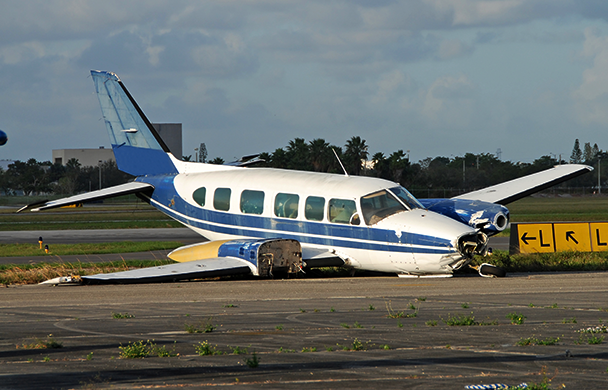Introduction by Sofema Aviation Services www.sassofia.com
As we will I am sure agree, Pilots do not operate in a vacuum. In fact as an industry we have moved a considerable distance in the realization of the role which is played by the aviation system to fully support and protect the operational Flight Crew.
What we now understand based on analysis of Global Data is that the majority (more than 80%) of Incidents and Accidents involve in some way a shortfall in Human Behaviour and not a failure of the Machine or System – Machine control failures being considered extremely rare.
The development of a Human factors (HF) interaction allows for a balanced approach to the understanding of non-technical errors. Factors such as Fatigue, Stress, Workload, Communications, Distractions, Focus, and Situation Awareness all have the potential to impact an event and lead to a negative outcome.
Examples of HF related issues include the following:
– System constraints (organizational structure/limitations);
– Work place attitudes (safety culture/climate);
– Supervisory failures (time, resources, training, policies);
– Environmental factors (weather, heat, cold, ice, lighting);
– Personal factors (fatigue, mental stress, ill);
– Errors (attention/memory, judgment, knowledge, skill);
– Violations (routine, infraction, exceptional, flagrant).
Applying the knowledge
The primary driver in the application of scientific knowledge relates to the understanding of the HF interface, in an attempt to understand the elements of potential exposure providing an opportunity to reduce the potential likelihood of human error occurring.
Recreating and understanding the specific environment within which the incident occurred or may occur is a significant element in understanding the HF interaction. Re occurring HF events within the flight deck environment concern failures of decision-making and Crew Resource Management (CRM) for example Failure to Follow Standard Operating Procedures, Complacency, Distraction and even Boredom.
Unfortunately competent trained persons continue to make HF related errors even when accomplishing relatively straightforward tasks. Whilst we are able when fully cognizant to recognize our errors, the potential exists for missed errors to compound into fully realised outcomes.
Human sciences which support an understanding of Human Factors include psychology, (the scientific study of the human mind and its functions, especially those affecting behaviour in a given context.) anthropology (the study of human societies and cultures and their development), physiology (the branch of biology that deals with the normal functions of living organisms and their parts) and medicine.
Delivering Change
Knowledge related to Human Factor is gathered and analysed to support changes to the design, operation, construction or maintenance of a product, or process.
To support effective analysis post event we should look into the “why” of the event digging into the root cause & employing the various techniques available through our knowledge of human science related to both the psycho-social environment as well as the systems engineering background. Insights into hazards, causes and consequences can be gained from analyses of accidents and incidents. Not only pointing to the existence of complex and unexpected human actions that might not be readily identified using other methods.
Going forward the modern application of human factors has to focus on a deeper understanding related to the interaction of the various elements and actors within the environment including Flight & Cabin Crew, Maintenance Staff and Air Traffic Control (ATC) Personnel.
Information regarding Aircraft Accident Investigation Process & Procedures course can be obtained by writing to office@sassofia.com or to review details here




